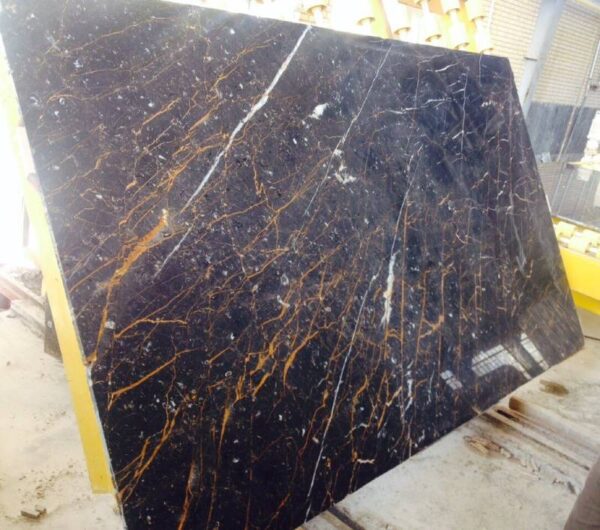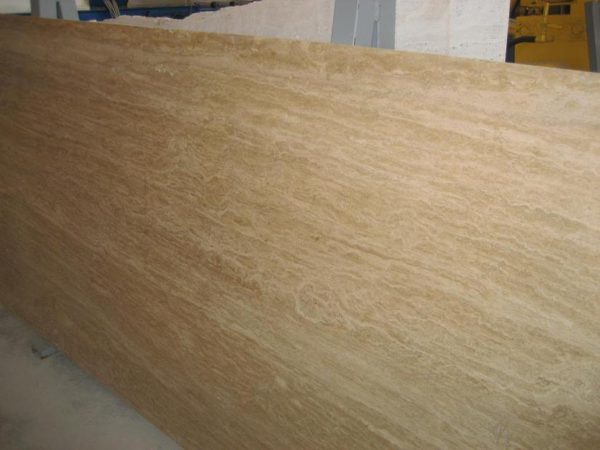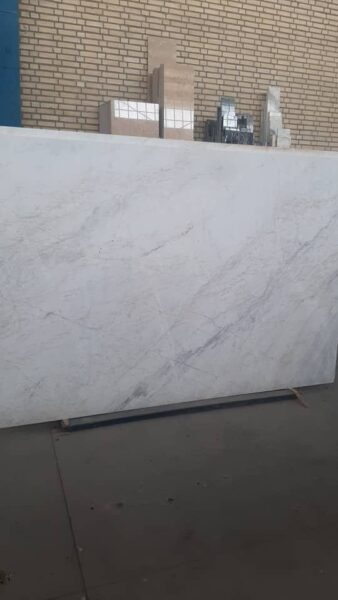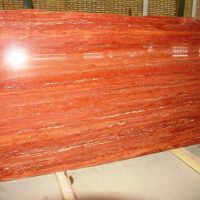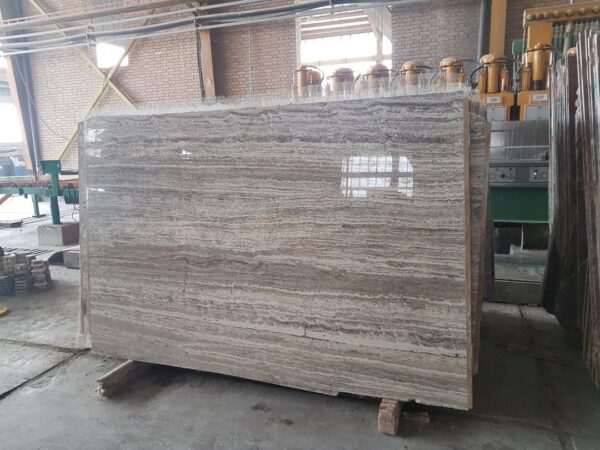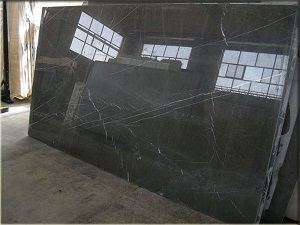A Comprehensive Overview
Introduction to Marble Export to Turkey
Turkey is one of the largest producers and exporters of marble in the world, known for its rich deposits and exceptional quality. The marble industry in Turkey has a long history, and it continues to thrive due to the increasing demand for natural stone in construction and design. In this article, we will explore the marble export market in Turkey, highlighting key factors, opportunities, and best practices for exporters looking to enter this lucrative sector.
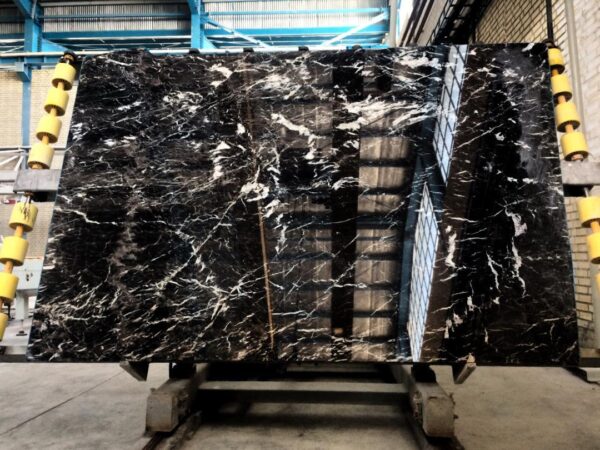

The Importance of Marble in Turkey
1. Rich Geological Resources
Turkey is home to a diverse range of marble types, including:
- Carrara Marble: Known for its pristine white color and fine grain, Carrara marble is highly sought after for luxury projects.
- Burdur Beige: This warm beige marble is popular for both residential and commercial applications.
- Emperador Marble: Renowned for its rich chocolate brown tones, Emperador is used in high-end flooring and countertops.
These various types of marble offer options for architects, designers, and homeowners, making Turkey a key player in the global marble market.
2. Growing Demand for Natural Stone
As urbanization continues to rise, so does the demand for natural stone in construction and interior design. Marble is favored for its durability, aesthetic appeal, and versatility. Key factors driving demand in Turkey and abroad include:
- Residential and Commercial Construction: The ongoing construction boom in Turkey and other countries increases the demand for high-quality marble.
- Renovation Projects: As older buildings undergo renovations, marble is a popular choice for updating floors, countertops, and facades.
Key Considerations for Marble Export to Turkey
1. Quality Standards and Certifications
Maintaining high quality is essential for marble exporters. Key considerations include:
- Quality Assurance: Ensure that the marble meets international quality standards, including durability, color consistency, and finish.
- Certifications: Obtaining relevant certifications can enhance credibility and facilitate market entry. This may include ISO certifications or industry-specific standards.
https://www.rockstone.biz/exploring-differ…-kinds-of-basalt/
2. Understanding the Market
Conducting thorough market research is crucial for understanding the Turkish marble export landscape. Key factors to consider include:
- Consumer Preferences: Identify which types of marble are in high demand and the preferred finishes and sizes.
- Pricing Trends: Monitor market pricing to set competitive rates while ensuring profitability.
https://www.rockstone.biz/can-you-paint-limestone/
Strategies for Successful Marble Exporting to Turkey
1. Build Relationships with Local Distributors
Establishing strong relationships with local distributors, contractors, and architects can enhance market access and facilitate sales. Networking at industry events and trade shows can help you connect with potential partners in the Turkish market.
2. Leverage Digital Marketing
In today’s digital landscape, having a strong online presence is vital. Here are some strategies to consider:
- Website Development: Create a professional website showcasing your marble products, including images, specifications, and certifications.
- Social Media Engagement: Utilize platforms like Instagram and LinkedIn to showcase your projects and connect with industry professionals.
- How Marble is Mined
3. Compliance with Regulations
Understanding and complying with Turkish import regulations is crucial for a smooth exporting process. Key requirements include:
- Customs Documentation: Ensure that all necessary documentation is in place, including invoices, packing lists, and customs declarations.
- Tariffs and Duties: Familiarize yourself with applicable tariffs and duties on marble imports to Turkey, as these can impact pricing strategies.



